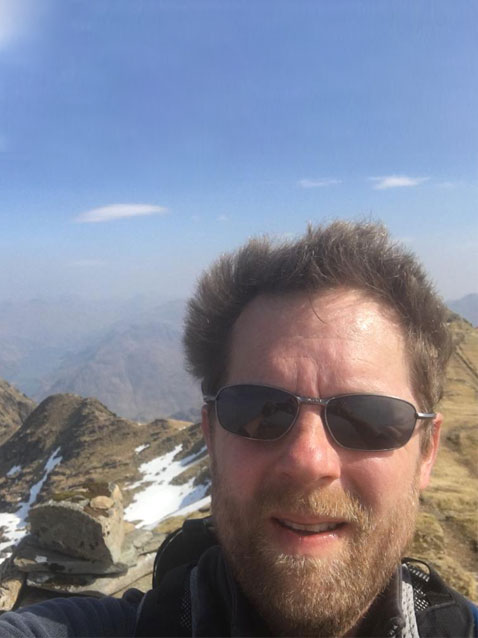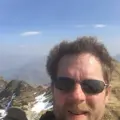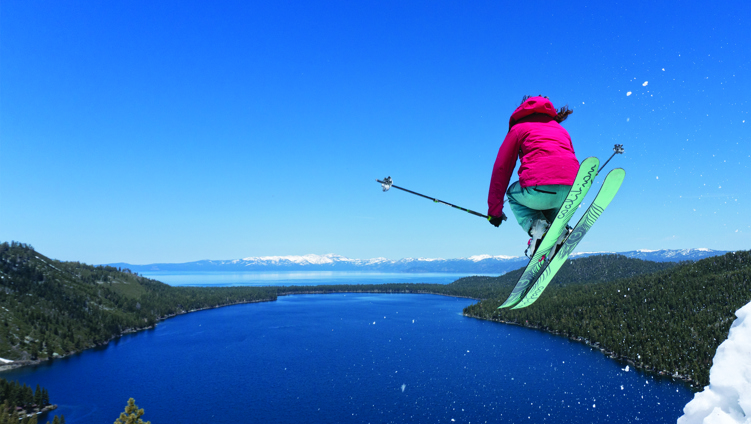Published on 23rd October 2018
Nearly 150 adventurers, change makers and outdoor enthusiasts came together earlier this month to discuss and debate how the adventure community can be catalysts for making this amazing planet a better place to live








